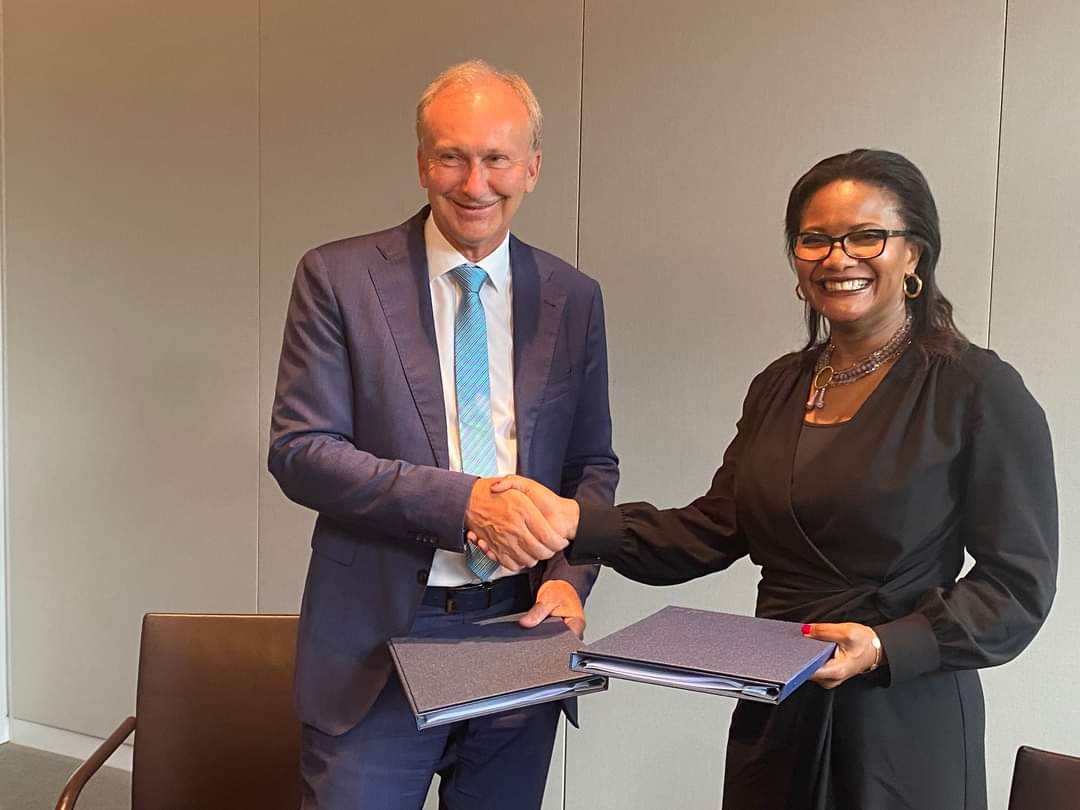In Kastina State, Nigeria, a horrifying incident has recently come to light – a man was burned alive by an angry mob on the suspicion of being gay.
This tragedy has brought attention to the contentious anti-gay bill that the state has implemented.
Homosexuality is not only illegal in the Nigerian legal framework, carrying a potential 14-year imprisonment, but it is also considered abominable and punishable by death under the sharia laws enforced in several Nigerian states.
The Incident And Its Aftermath
The unfortunate incident was reported in a statement by the Coalition of Good Governance in Northern State, signed by Jamiu Hassa. According to the statement, a man named Ifeanyi Lucky narrowly escaped the mob’s wrath, but his boyfriend, Uche Naka, was not as fortunate. Caught making out with Uche Naka, Lucky was quickly apprehended, and the youths in the community resorted to jungle justice, burning Uche Naka alive. The community, demanding justice, is relentlessly searching for Mr. Lucky, stating he must face the same punishment as his partner if found.
The Widespread Reality
Regrettably, this is not an isolated incident. In Nigeria, individuals involved in same-sex activities face the risk of being sentenced to death by stoning or subjected to extrajudicial killings by members of the community. The LGBTQ+ community in the country lives in fear and uncertainty, as their sexual orientation remains illegal, punishable, and deemed abominable. Capital punishment looms over them, a stark reality that defies the principles of equality and human rights.
The Controversial Anti-Gay Bill
The incident in Kastina brings into sharp focus the controversial anti-gay bill signed into law by the state. Such legislation not only perpetuates discrimination but also fuels violence and hatred towards the LGBTQ+ community. To protect human rights and foster inclusivity, it is imperative to reevaluate and challenge these laws that violate the principles of freedom and equality.
Sharia Law And Its Impact
The enforcement of sharia law in several Nigerian states further compounds the plight of the LGBTQ+ community. With death penalties for homosexuality under sharia, the community faces unimaginable threats and persecution. An urgent examination of the compatibility between these laws and universal human rights is necessary to create a more just and compassionate society.
The Call For Change
The tragedy in Kastina serves as a somber reminder of the urgent need for change in Nigeria’s approach to LGBTQ+ rights. The state and national authorities must work towards decriminalizing same-sex relationships and offer protection to vulnerable individuals within the LGBTQ+ community. Embracing diversity and fostering an environment of acceptance and understanding are vital steps towards progress.
The incident in Kastina reflects the stark reality faced by the LGBTQ+ community in Nigeria. The combination of anti-gay legislation and sharia law has created a hostile environment, leading to violence and death. Urgent measures are necessary to protect the human rights and dignity of all individuals, regardless of their sexual orientation. Addressing these issues and fostering a more inclusive society will require courage and commitment from policymakers, civil society, and citizens alike. Only through collective efforts can Nigeria move towards a future where every individual can live free from fear and discrimination.










